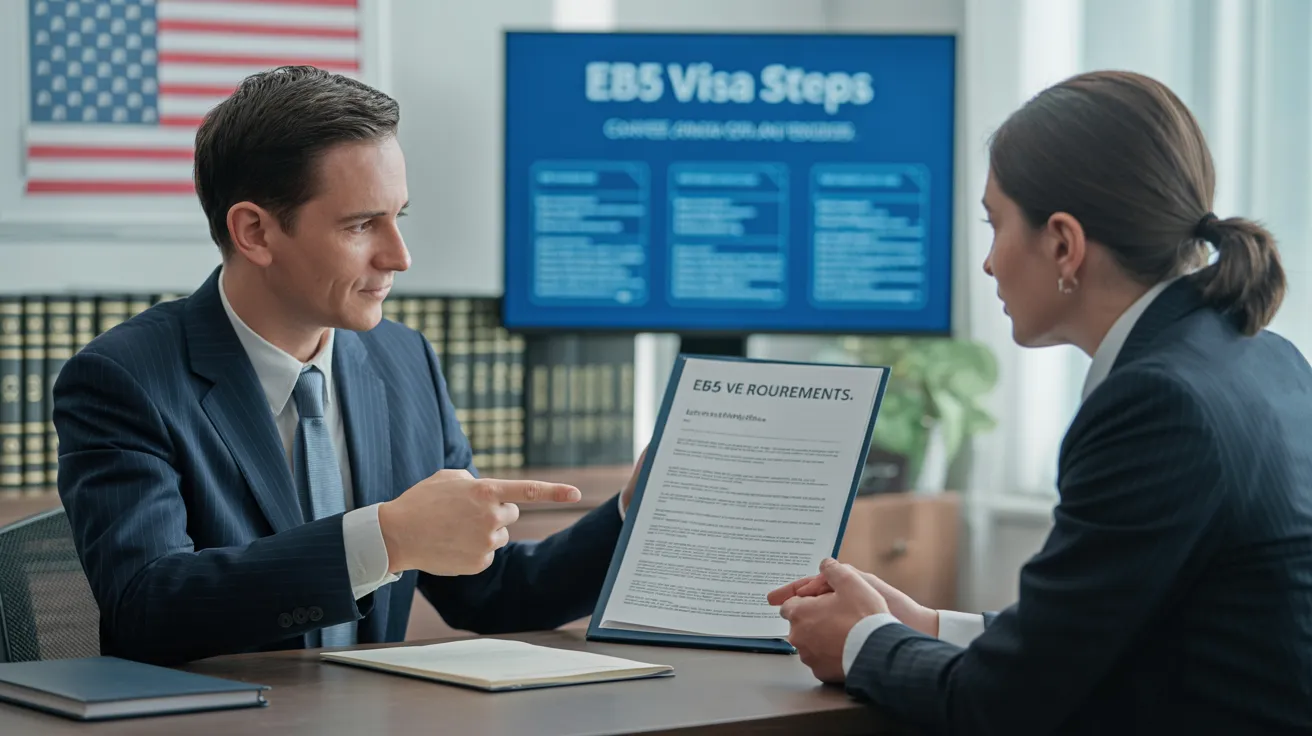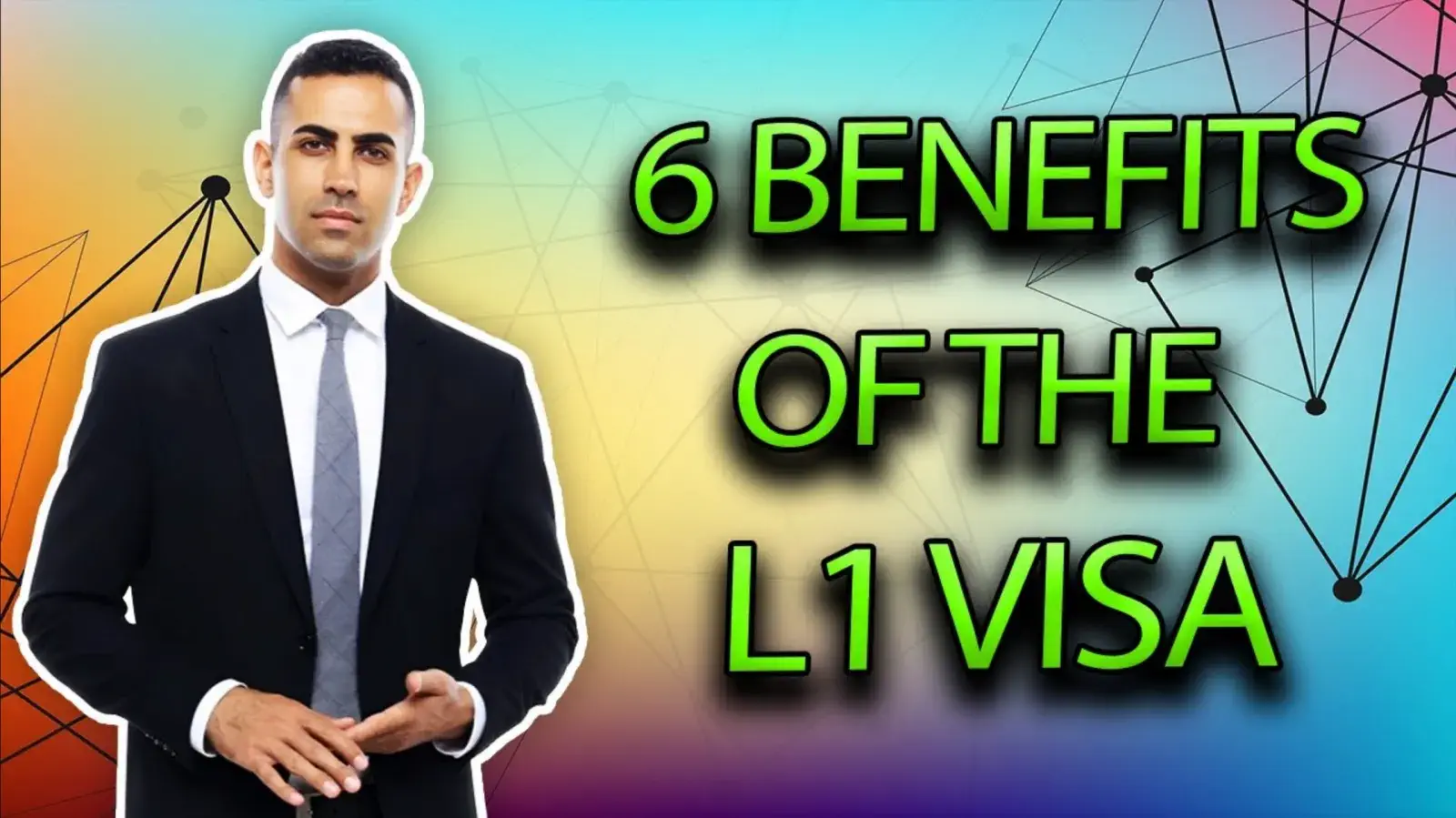Some Ideas on L1 Visa You Should Know
Table of Contents3 Easy Facts About L1 Visa ExplainedL1 Visa - TruthsHow L1 Visa can Save You Time, Stress, and Money.The Ultimate Guide To L1 VisaIndicators on L1 Visa You Should Know
L-1 visas are readily available to employees of an international business with offices in both the United States and abroad. L1 Visa. The visa allows such foreign employees to move to the firm's United States workplace after having actually functioned abroad for the company for at the very least one continual year within the previous three prior to admission in the USOne L-1 visa can allow multiple staff members entrance into the United States. Partners of L-1 visa holders are permitted to work without restriction in the United States (using an L-2 visa) case to standing, and the L-1 visa might lawfully be used as a stepping stone to a environment-friendly card under the teaching of twin intent.
In 2019, Indian nationals obtained 18,354 L-1 visas, accounting for 23.8% of all L-1 visas provided in 2019. According to USCIS information, the largest employers to obtain L-1 visas in 2019 were Tata Consultancy with 1,542 accepted L-1 visa requests, Infosys with 517, Amazon with 455, Mindful with 382, and Deloitte with 305.
Congress produced the L-1 visa in 1970. It was introduced as a "noncontroversial modification" for multinational American firms. The initial visa called for that the job tenure match straight prior to looking for the business transfer. Congress initially did not specify "specialized expertise". In 1980, the State Division provided 26,535 L-1 visas.
The Buzz on L1 Visa
Significant Indian outsourcing firms such as Tata, Infosys, and Wipro progressively made use of the L-1 copyright team American multinational firms. Fifty percent of Tata's workers brought to the United States came on L-1 visas.
By 2000, Immigration and National Solution taped 294,658 visa entries. In 2002, Congress enabled L-1 visa partners, that get on an L-2 visa, the authorization to work openly within the United States. In 2003, the Senate Judiciary Board held a hearing on the L-1 visa. In financial year 2004, the number of L-1B visas went beyond the variety of L-1A visas.

Applicants who are in the USA at the time of the filing of the I-129 can ask for a modification of standing from their existing nonimmigrant status (i.e. site visitor, student, etc), so long as they are in standing at the time of the filing of the I-129. If they go out of condition after the declaring, but before authorization, there is no unfavorable consequence, and the person does not accrue illegal existence.
Children of the primary L-1 can go to institution. The spouse of the primary L-1 has an automatic right to operate in the USA. Youngsters can not accept paid employment. The partner can, but need not, use with the USCIS for work authorization after arriving in the United States and, after issuance of the Work Consent Paper (EAD, Kind I-765), may after that help any kind of employer.
The L1 Visa Diaries
An I-797 click here Notice of Action showing the approval of the visa request does not guarantee that a visa will be released at the U.S.

The Main Principles Of L1 Visa
For an L-1 visa applicant, "double Intent" is allowed: unlike some classes of non-immigrant visas (e.g., J-1 visas (L1 Visa)), L-1 applicants might not be rejected a visa on the basis that they are an intending immigrant to the United States, or that they do not have a home abroad which they do not click here mean to abandon
L-1 condition may be renewed and extended within the USA. Other than in the case of covering requests, a new I-129 request need to be filed. Renewal in the United States applies to status just, not the actual visa in the copyright. copyright revival, the applicant needs to go to a UNITED STATE

The Definitive Guide to L1 Visa
An individual in L-1 condition typically might work only for the seeking company. If the L-1 worker goes into based upon an L-1 blanket, nonetheless, it typically is possible for the worker to be relocated the exact same capability to any type of other associated company detailed on the covering. The L-1 visa program has been slammed for several factors.
In one example, The U.S. Division of Labor fined Electronics for Imaging $3,500 for paying its L-1 visa workers $1.21 an hour and working a few of them approximately 122 hours a week. Some sector representatives have charged business of using the L-1 program to change united state employees. Detractors find out more and federal government officials have mentioned how the visa program does not specify "specialized expertise" for international workers in the L-1B visa group.